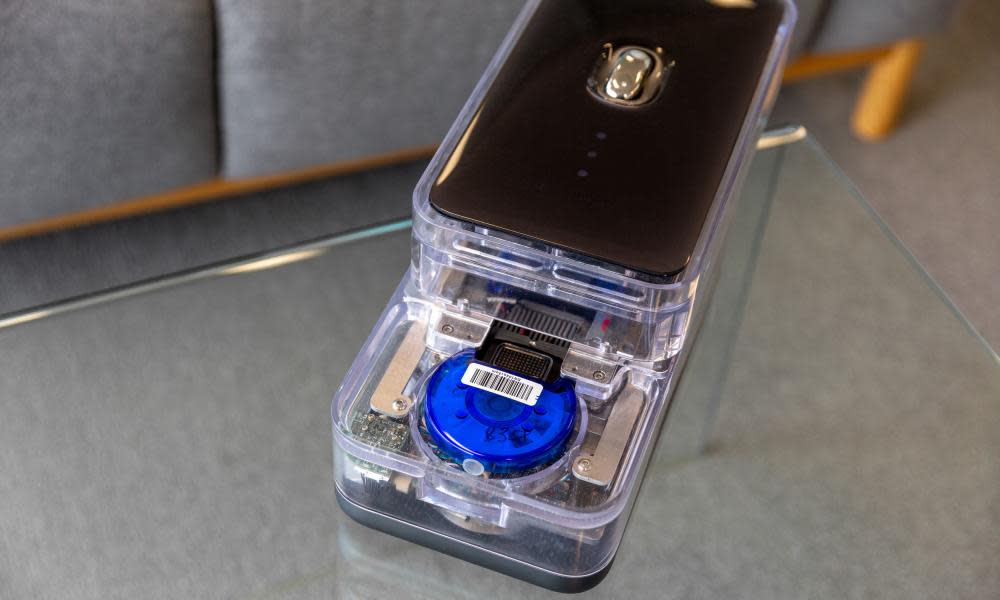New UK Covid test is effective but won't impact numbers as hoped

A rapid test for coronavirus made by DnaNudge that was said by ministers to be part of a grand plan to deliver millions of tests in England, works well in hospitals but will not scale up to help the government’s “Moonshot” plan any time soon, experts say.
On 3 August, the government announced that “millions of new rapid coronavirus tests will be rolled out across NHS hospitals, care homes and labs from next week”. It had bought 5.8 million 90-minute tests from DnaNudge, an Imperial College London spinout company.
Health secretary Matt Hancock said at the time: “I am hugely grateful to DnaNudge and their incredible work to innovate coronavirus testing, which will mean we can test millions more people in the coming months.”
Last week, leaked documents revealed the existence of Operation Moonshot – the government’s aim to use new generation technology to reach 10 million tests a day.
Related: What is No 10's 'moonshot' Covid testing plan and is it feasible?
A paper in the Lancet Microbe journal assessing the DnaNudge test’s performance found it was 94.4% sensitive – so it will fail to identify 5.6 cases in 100.
“These results suggest that the CovidNudge test, which can be performed at a patient’s bedside without the need to handle any sample material, has comparable accuracy to standard laboratory testing,” said professor Graham Cooke, lead author of the study from Imperial College London. However, he said the “NudgeBox” which carries out the test can only carry out a limited number of tests a day so would not help with the drive to scale up testing.
The government has an ambition to double the present capacity to 500,000 by the end of October. Dido Harding, head of the test and trace programme, said on Thursday at the science and technology committee that demand was three to four times capacity.
Related: UK health screening advisers not involved in 'moonshot' Covid plan
“I think this can have a role in certain areas but it’s really not going to be the answer to very high numbers being tested every day,” said Cooke.
The test uses the gold-standard PCR technology but does not need a lab. A nurse or doctor takes a nose swab from a patient and inserts it into a small single-use cartridge. That goes into the “NudgeBox” which processes the sample in 90 minutes, but it can only take one sample at a time. That means each box can only process a maximum of 16 tests in 24 hours. One hospital using it currently has 20 boxes.
“Providing the results of further evaluations during rollout remain good, I can certainly see this test finding a place in clinics and hospitals where there is no immediate access to laboratory facilities. The main time saving is probably going to come from not having to transport swabs from one place to another,” said Paul Hunter, professor in medicine at the University of East Anglia.
“At present though it does not look like this will be the in-home test that would be what was needed for the ‘Moonshot strategy’ as currently reported.”


